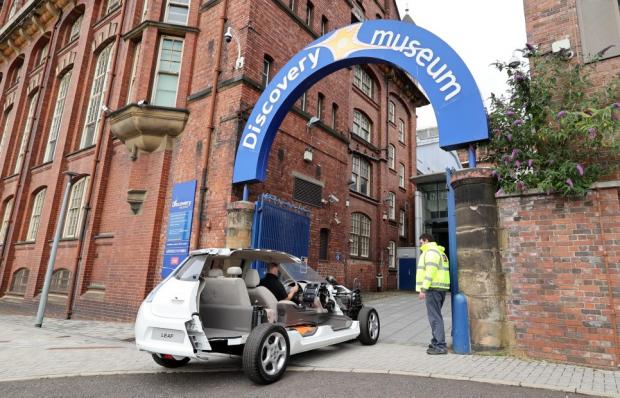
For centuries the North East exported vast tonnes of coal which powered the nation and met the demands of buyers abroad.
It seemed that there was a colliery behind every corner in the region, providing work for thousands, underpinning the economy and creating special communities and a culture which has persisted — as demonstrated by the Durham Miners Gala — long after the mass closures of the pits and virtually all evidence of the industry razed from the landscape.
It could not have been imagined that a very large lump of coal would be an exhibit in a Tyneside museum and that most visiting children would not know what the object was or its purpose.
But that will be the case when a new exhibition Steam to Green: A North East Energy Revolution opens on Saturday (July 20), which will run until September 6, 2026 at Newcastle Discovery Museum.
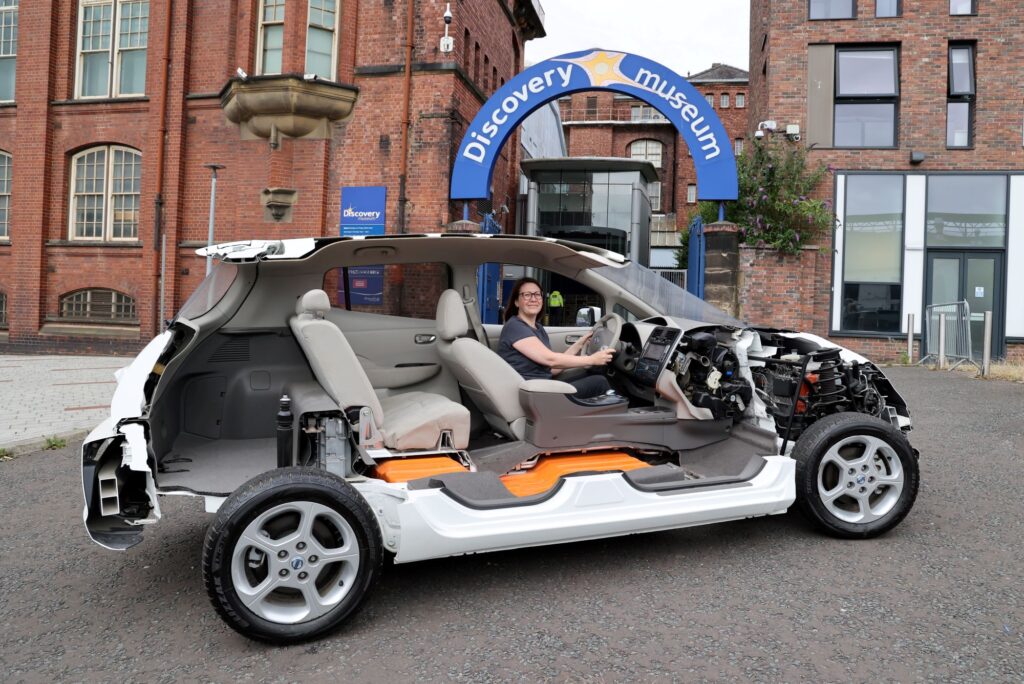
In partnership with Newcastle University, the major exhibition features historic technology, state-of-the-art interactive exhibits, artwork and models that chart a journey over the last 150 years, illustrating how North East innovators and businesses harnessed different energy sources — from fossil fuels to the renewable energy solutions of the 21st century.
“A very low percentage of children would know what that coal was and what was its use,” says Kylea Little, keeper of history at Tyne Wear Archives and Museums who has curated the exhibition.
They may pick up clues from another exhibit — Timbering Up, a mining painting by South Shields former pitman and artist Bob Olley, which depicts miners at work in the artist’s distinctive style.
- Read more: Alnwick Castle to showcase homegrown fashion
- Read more: Beaver safari on the Wallington Estate
Other artworks connected to industry will be included, such as photographs of the first power station in the world to use turbo-alternators to generate electricity, Forth Banks, which was built in Newcastle in 1888.
The exhibition examines the inventive genius of the North East across 150 years in the power and energy fields and ways in which the region is once again a leader in technological innovation in the sector’s green revolution.

There has been involvement from a total of 18 North East businesses from the green technology sector.
One of the main exhibition sponsors is Vattenfall, the Swedish state-owned energy company. It is also supported by Newcastle University, Lumo, Tyne and Wear Metro, Northumbrian Water, Faraday Challenge, Reece Foundation, the Headley Trust, Friends of Discovery Museum, and the Art Fund.
Vattenfall operates 13 battery storage, onshore and offshore wind projects in the UK. It employs nearly 100 staff in the North East and has a regional base in Hexham.
It represents a link between past, present and future as its Ray wind farm is located on what was the estate at Kirkwhelpington in Northumberland, home of North East steam turbine inventor Sir Charles Parsons.
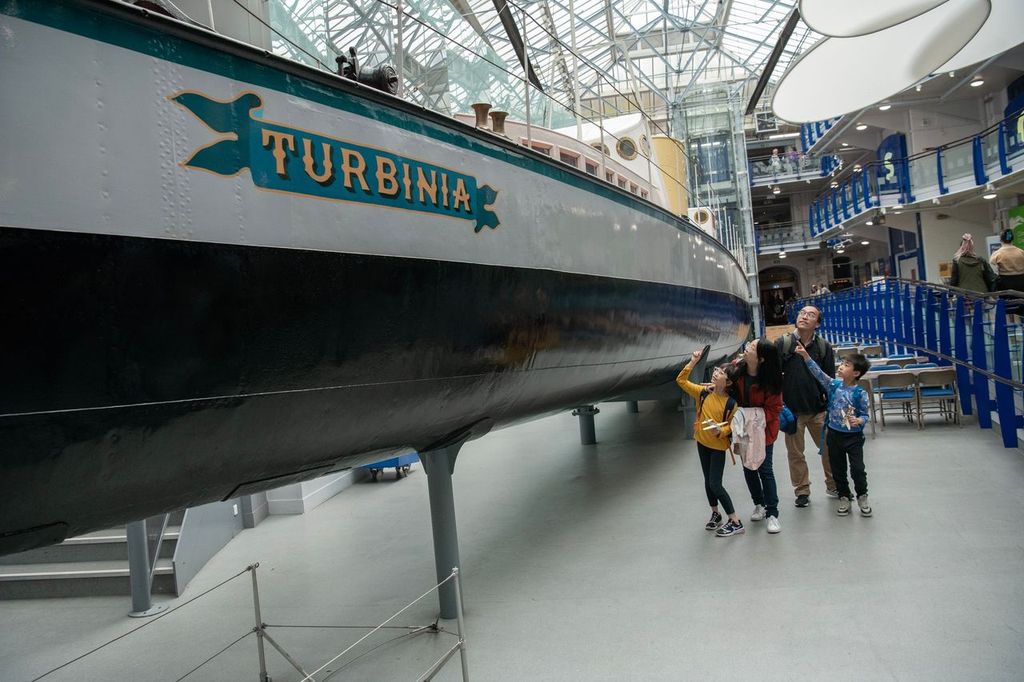
Parsons built the world´s first steam-turbine powered vessel Turbinia, once the fastest boat afloat, and which is on permanent display at Discovery Museum.
He founded his own firm, C A Parsons & Co and the Newcastle and District Electric Lighting Co, which commissioned the Forth Banks Power Station in Newcastle in 1890, the first time a steam turbine was used in a power station.
Windmills were once everywhere — hence Windmill Hills in Gateshead — and another exhibit is a model of the windmill part of which survives in Claremont Road in Newcastle.
But if it represents old ways of generating power then the latest is also on display in the shape of a cutaway Nissan Leaf electric car which shows its inner workings.
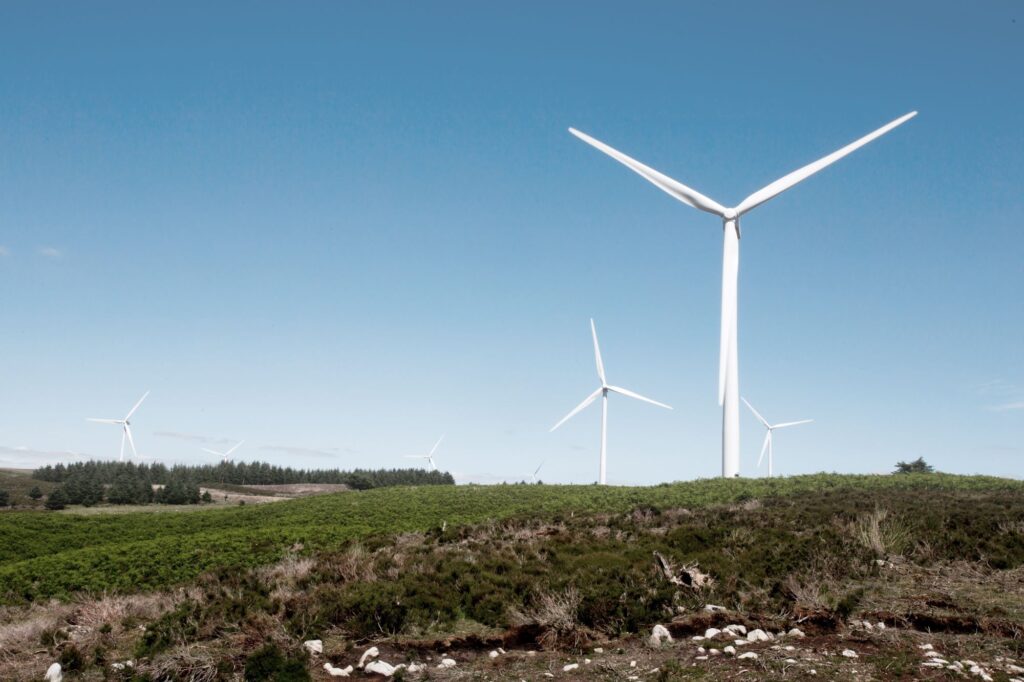
The North East was one of the first regions to start developing a network of electric vehicle charge points, and Nissan’s plant in Sunderland is the first mass production base of electric vehicles in Europe.
Interactive exhibits will allow visitors to get to grips — literally — with science behind green technologies.
This includes the opportunity to send a hydrogen ball skywards. Visitors will generate electricity that passes through water, splitting it into hydrogen and oxygen, and then by mixing the gases together it will send the ball upwards.
There will also be the chance to control the speed of a wind turbine. Running through the maximum, minimum and optimum settings, visitors will feel the different wind speeds that generate power.
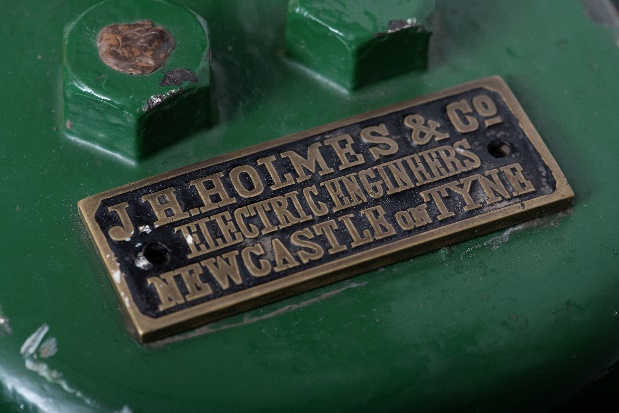
Detailed models will show how the North East was at the forefront of the first forays into hydro power and electricity.
A 1901 electric train carriage model can be compared to a steam locomotive, there is a model of a steam turbine by Charles Parsons himself as well as an electrical generator by Newcastle-born John Henry Holmes with his Holmes No1 dynamo.
Tyneside residents using green technology are also woven into the exhibition.
Following a callout to those who have integrated green technology in their domestic life, 17 households will be telling their story about how they have utilised clean energy solutions in their day-to-day routines.
William and Ashleigh Laverick-Joyce, low-carbon technology adopters from Gateshead who feature in the exhibition, said: “We have all this green home technology available on the market now, so when we had the opportunity, we had to do our bit to give our daughter the brightest future possible.”
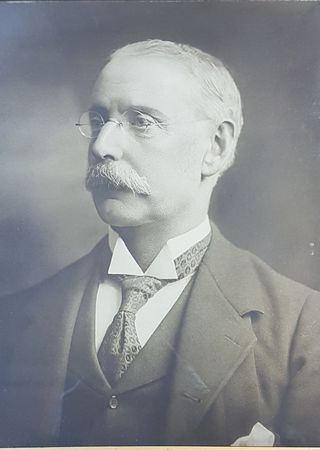
The exhibition will also be accompanied by a programme of family events, school visits and career pathway fairs.
Keith Merrin, Director of Tyne & Wear Archives & Museums said: “The Steam to Green exhibition and event programme not only tells the story of the North East’s role in creating inventions that changed the world in the past, but we’ve also worked with multiple experts and organisations across the green energy sector to show how the North East is leading the way in research and innovation today.
“We hope Steam to Green will ignite a sense of pride in our North East, inspire people to take action against climate change and encourage young people to find out more about career pathways in science and engineering.”
- Read more: Globe Gallery story comes full circle
- Read more: Alnwick Castle to showcase homegrown fashion
Lisa Christie, UK country manager at Vattenfall, said: “Vattenfall is delighted to be supporting the Steam to Green exhibition, at a time when inspiring people about the possibilities of a green future has never been more important. With a 100-strong team based in Hexham and our Ray Wind Farm meeting around 10 per cent of Northumberland’s electricity needs every year, Vattenfall is a key part of the North East’s energy transition.”
Professor Colin Herron from Newcastle University said: “The world is going through a transformation from ‘burning stuff’ to create power to clean energy or ‘electrification’. This transformation will impact everybody on the planet, but at slightly different times.
“The UK is going through this transformation now with the most visible example being the electric cars and buses we see on our roads. However, this transformation is complicated with masses of new technology which may seem overwhelming to many people.
“Steam to Green is the go to place to understand and become comfortable with the future, and we hope to inspire the next generation of engineers, scientists and inventors to help this once in a lifetime transition.”
For more information about Steam to Green: A North East Energy Revolution at Newcastle’s Discovery Museum, and a full run down of upcoming activities running alongside it, visit the website.











